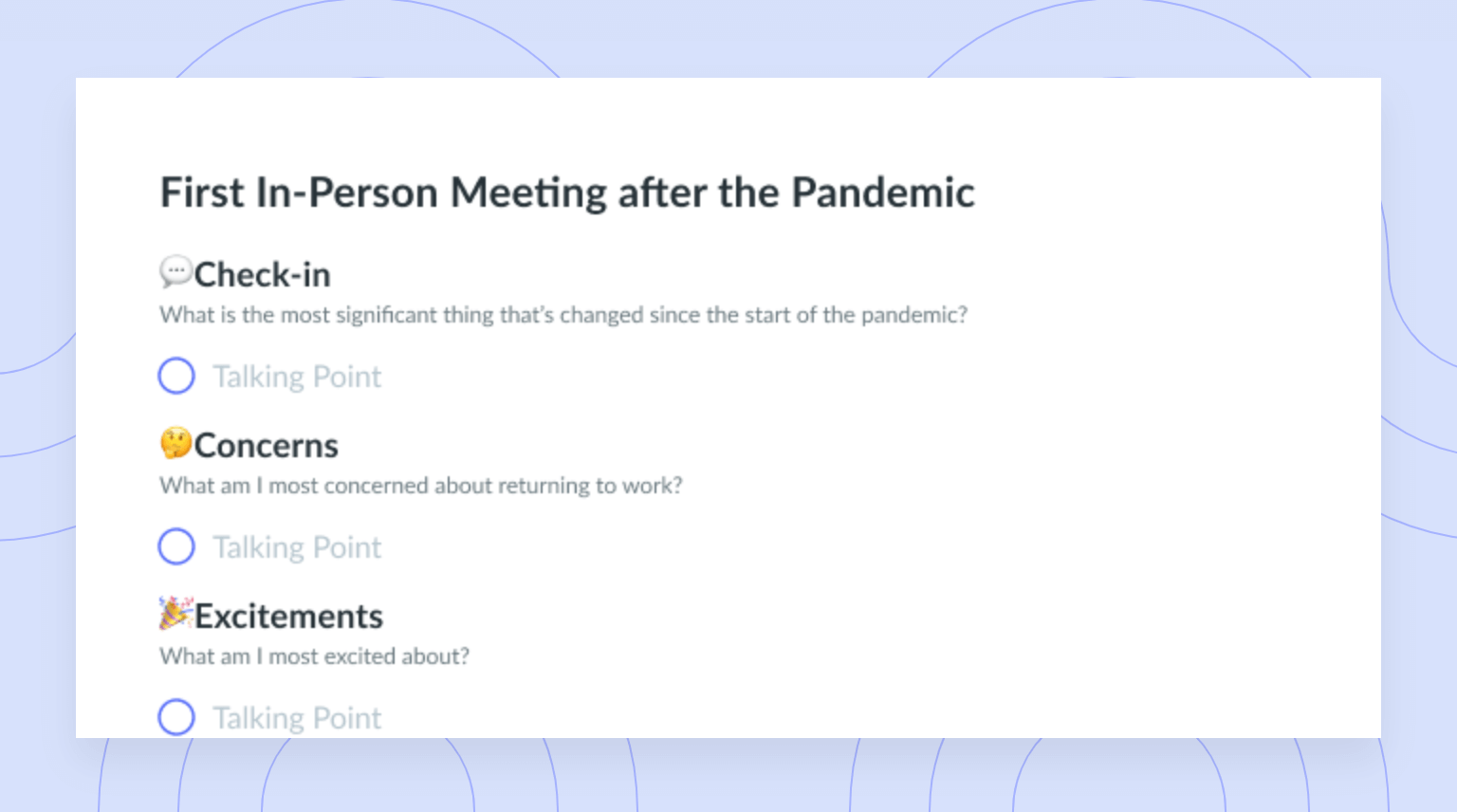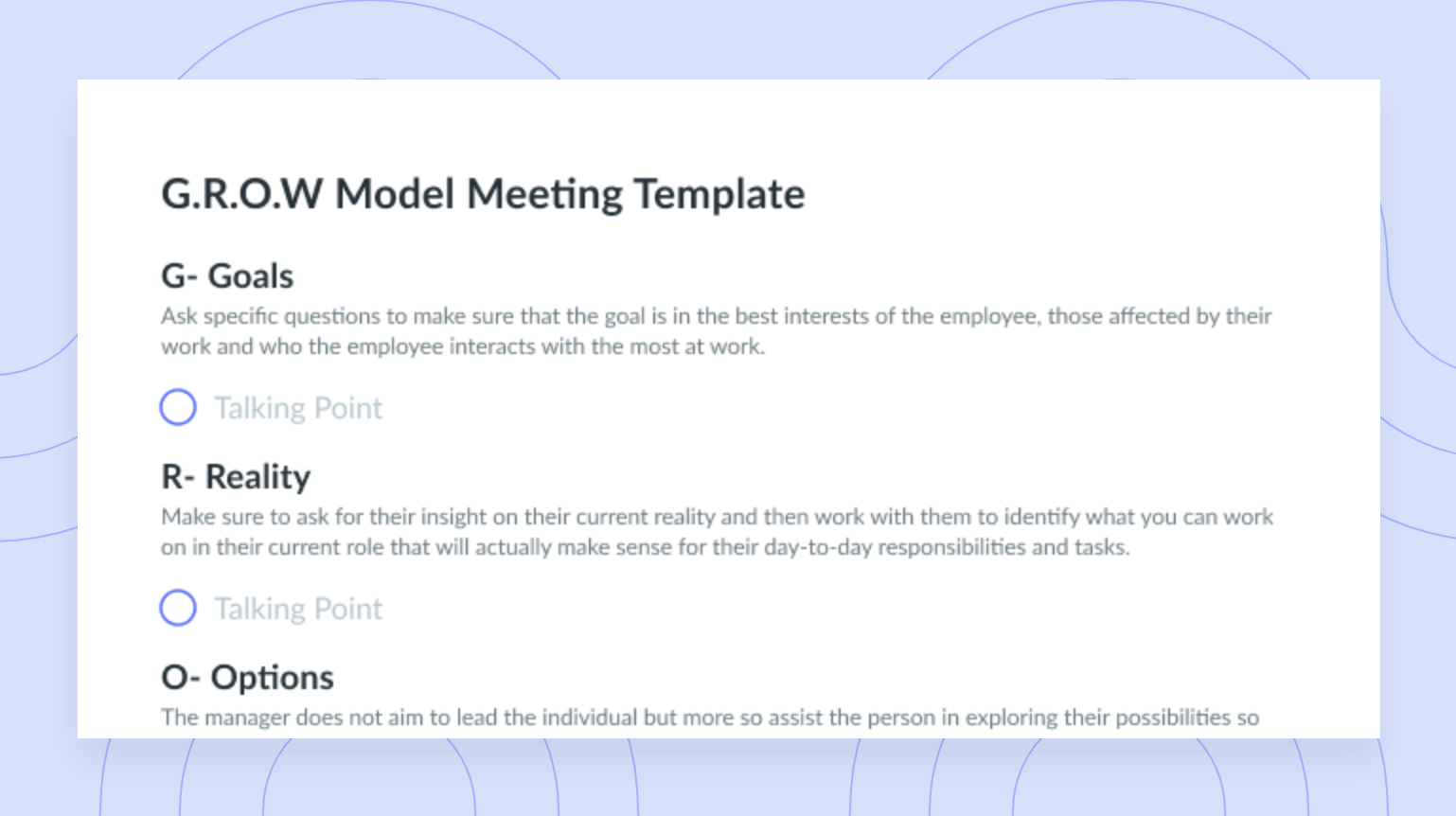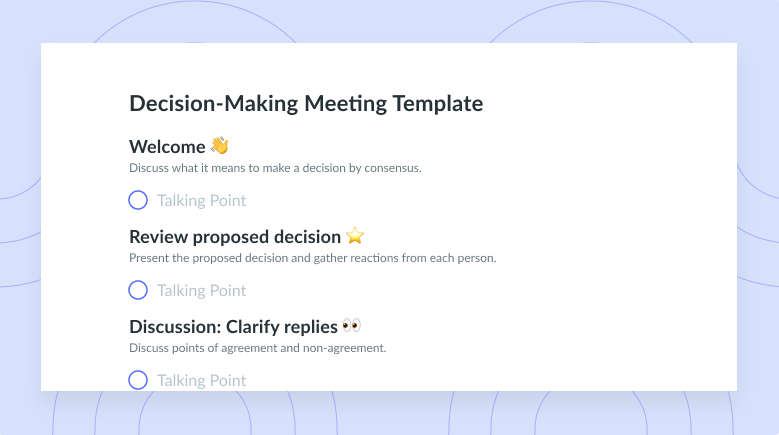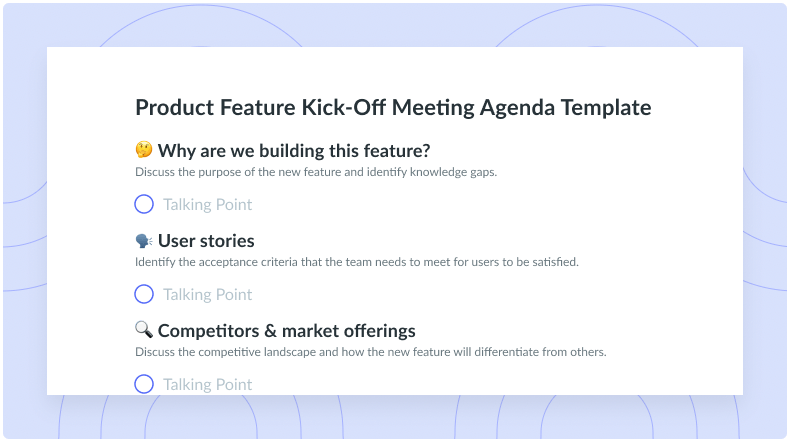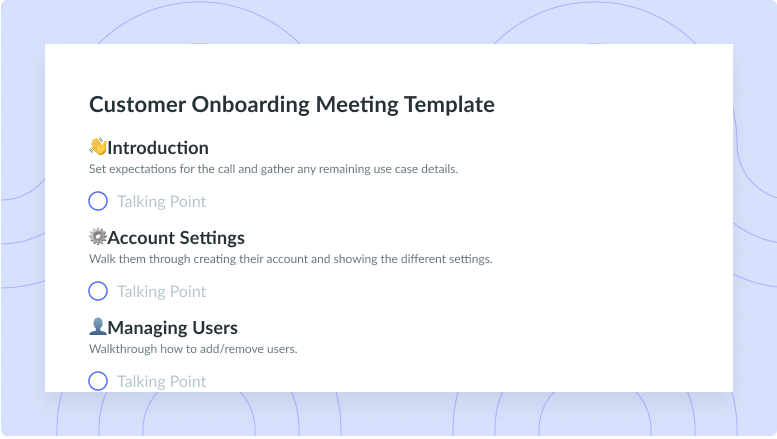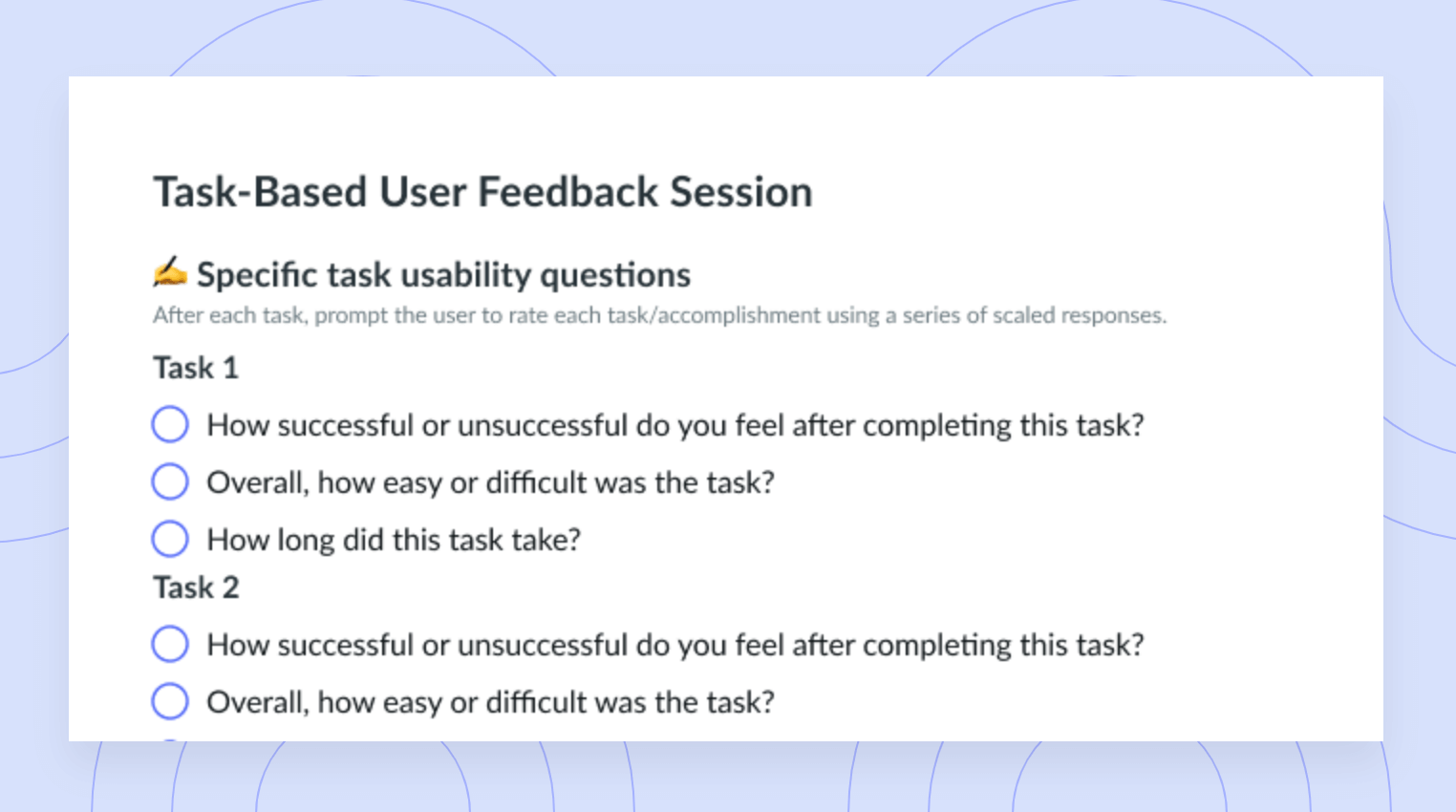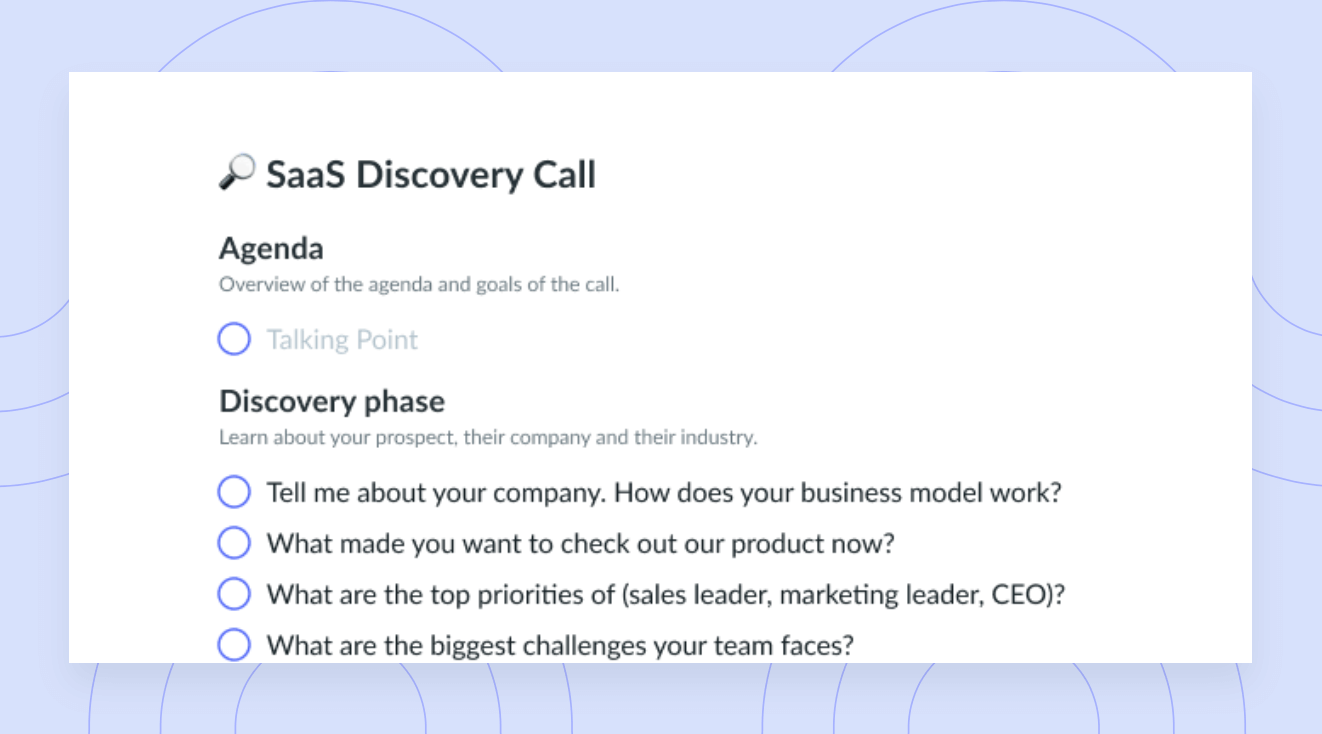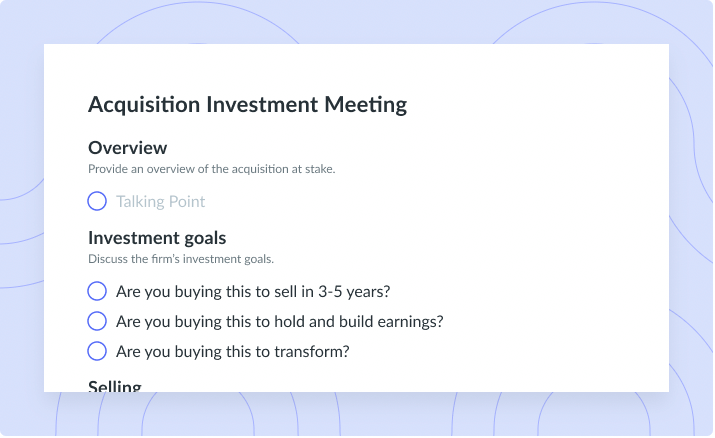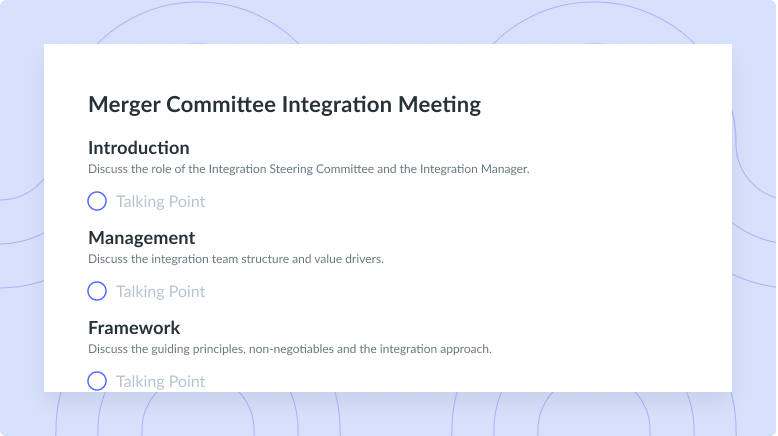Hybrid Work Model: The Pros And Cons Leaders Need to Know
With the rise of hybrid work, we're listing the pros and cons of a hybrid work model.
Are you thinking of implementing the hybrid model into your workplace? Allow us to show you the pros and cons of this model to help you make the most educated decision. But first, let’s talk more about what the hybrid workplace model is…
The hybrid workplace model allows employees to work both remotely and physically at their offices. The goals of hybrid workplaces are to provide employees with more flexibility and foster more productivity.
So without further ado, let’s dive into the pros and cons of this model!
Pros of a hybrid work model:
1 Increases Productivity:
Employees will likely choose whichever they feel most productive doing. One person may find themself more productive in the office while another may find themself more productive from home. Therefore, hybrid workplaces allow employees to decide which environment they work better in, which will overall increase their productivity and work efficiency.
“A 2015 study by Nicholas Bloom and coauthors found that when employees opted into WFH [Work From Home] policies, their productivity increased by 13%.”
– Prithwiraji (Raj) Choudhury.
2 More Environmentally Friendly:
The current climate change crisis has encouraged many companies to find ways to help the environment. A study conducted by the United States Patent and Trademark Office found that in 2015, its remote workers drove 84 million miles less than when they worked in-person, which reduced carbon emissions by more than 44,000 tons. Therefore, hybrid workplaces allow companies to help the environment by lowering the amount of commute their employees are doing.
3 Provides More Flexibility:
We all have busy lives and are constantly trying to find that good work-life balance. Implementing a hybrid workplace model gives your employees flexibility. If they have a busy schedule on Mondays and Wednesdays, it may make their lives easier to work from home those days – or vice versa. This is especially true for employees who have children as they are often busy taking their children to after-school sporting events or picking them up from daycare.
4 Encourages Diversity:
With in-person environments, companies are restricted to hiring people who are within a reasonable distance from the office. However, hybrid workplaces allow companies to expand their search and hire people from remote locations. This will 1.) increase diversity and 2.) allow your company to hire the best employees regardless of where they are located.

Pro tip
Use a meeting management tool like Fellow to have a collaborative meeting agenda so all teammates can stay aligned regardless of where they are located.
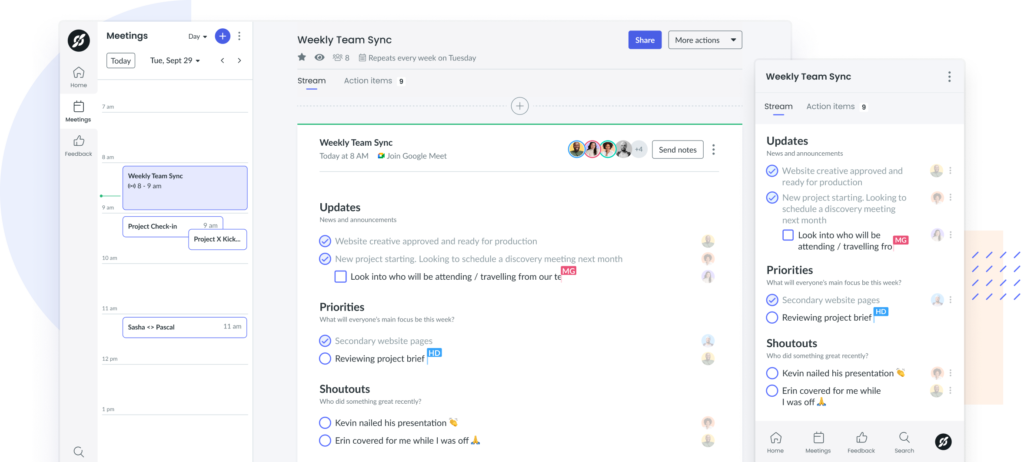
Cons to consider:
- Lacks a Flow of Information
- Misses Signs of Burnout
- Harder to Make Work Relationships
- Increases Data Security Concerns
1 Lacks a Flow of Information:
One con of the hybrid workplace model is that there is a lack of communication. When you have workers in both remote and in-person settings, it is hard for them to communicate with each other.
Oftentimes, those who are in-person will communicate with each other more than communicating with their remote colleagues. This is because it is easier to simply walk into somebody’s office and talk to them than it is to schedule a meeting or connect with people remotely.
“Remote workers often feel cut off from the information flow they would typically get in a physical office.”
– Prithwiraji (Raj) Choudhury.
2 Misses Signs of Burnout:
With both remote and in-person employees, it can be difficult as a manager to keep track of how your employees are doing. One important thing that managers do is read how their employees are doing and look for signs of burnout. However, the remote workers may get forgotten about and overlooked as it is more difficult to determine if somebody is burnt out through a screen.
3 Harder to Make Work Relationships:
One of the biggest challenges of remote work is the lack of communication between colleagues. Creating work relationships is a big part of having a successful company. This will foster physiological safety and trust in team members.
By creating a hybrid workplace, in-person team members will most likely bond more with each other than their remote team members. This may cause a disconnect between colleagues and make it difficult for team members to work together. Therefore, if you choose to implement a hybrid workplace model, ensure that you find ways to maintain and encourage relationships between team members. A great tip to doing this is to have coffee chats each week with different employees.
“Even with video conferencing that allows for reading body language and facial expressions, the concern is that virtual colleagues are less likely to become close friends because their face-to-face interactions are less frequent.”
– Prithwiraji (Raj) Choudhury.
4 Increases Data Security Concerns:
In remote environments, oftentimes employees use their personal computers rather than company-provided computers. This can be concerning because our personal computers do not have as much security as the computers in our offices do. Therefore, it can be easier for companies to have data leaks with remote workers.
Parting words
After carefully considering the pros and cons of the hybrid workplace model, you are now ready to make your decision! You can also ask for input from your employees on what they prefer – seeing it is them who will be affected by this change!
It is also advised to create a hybrid workplace policy if you do choose to implement this model. This will ensure that employees know what is expected of them and outline the security measures, safety measures, productivity, flexibility, equipment, communication, availability, dress code, and benefits of this model.









